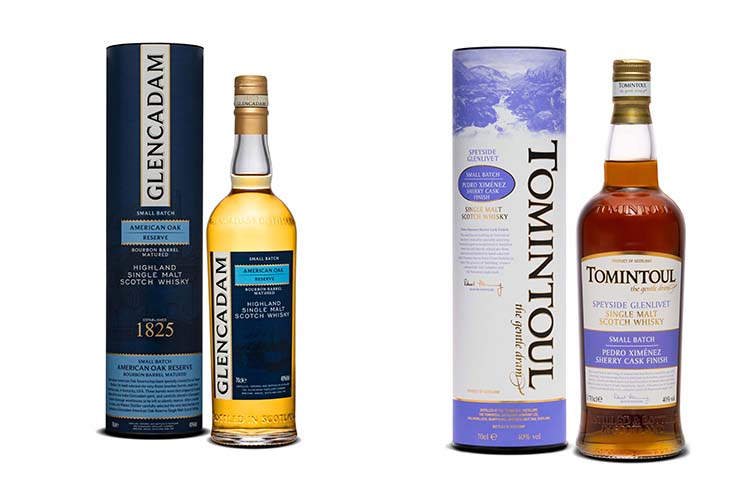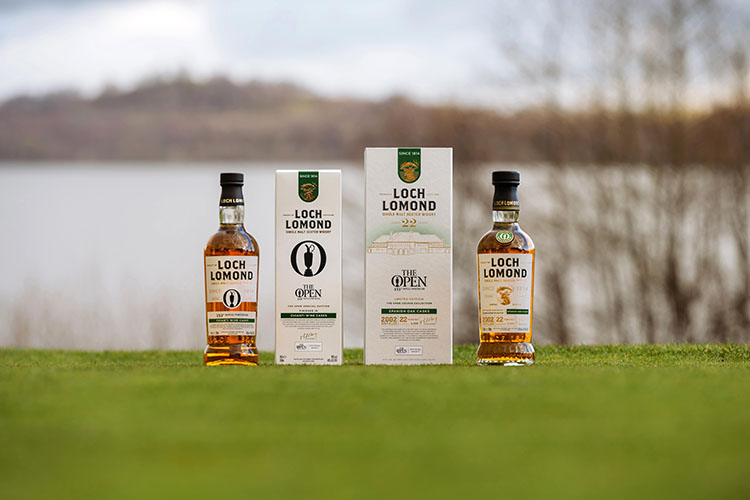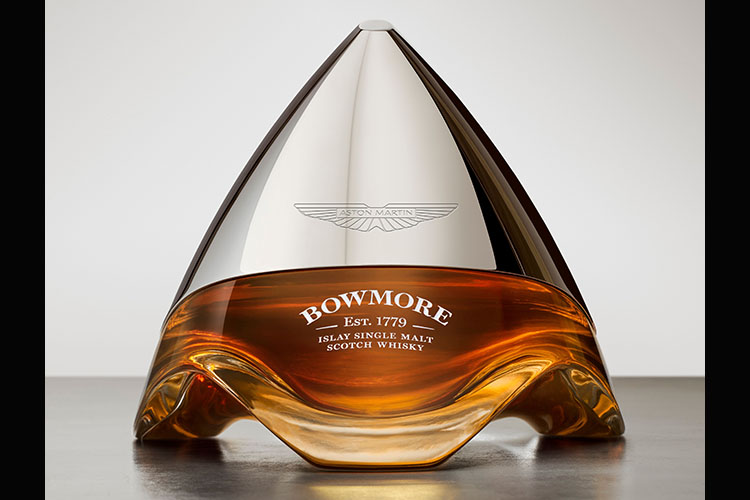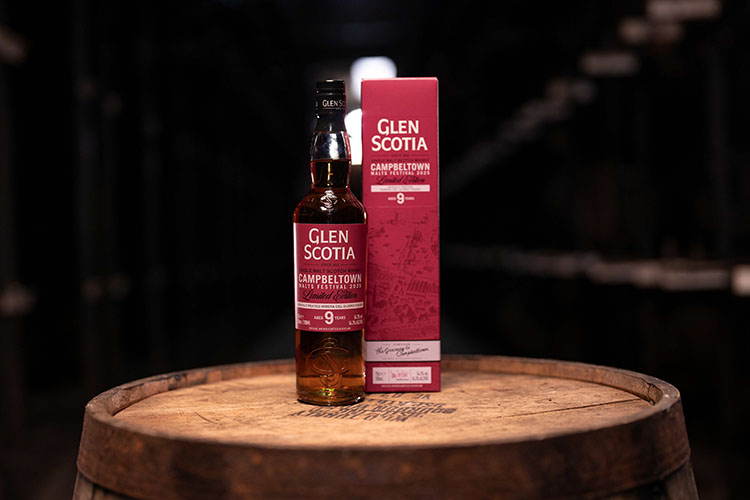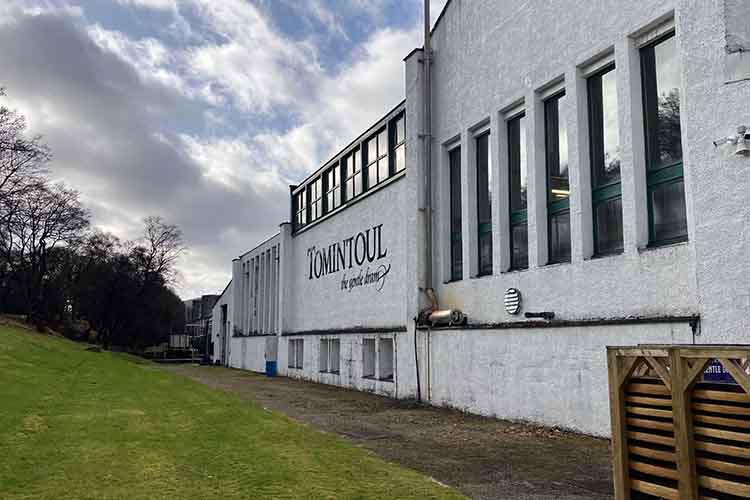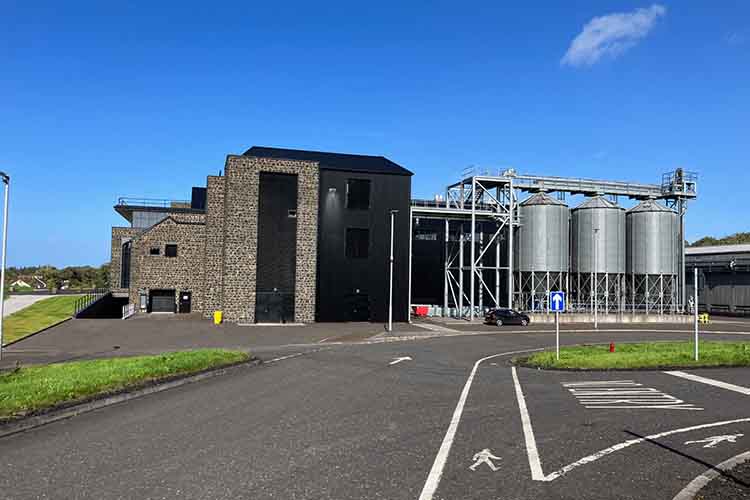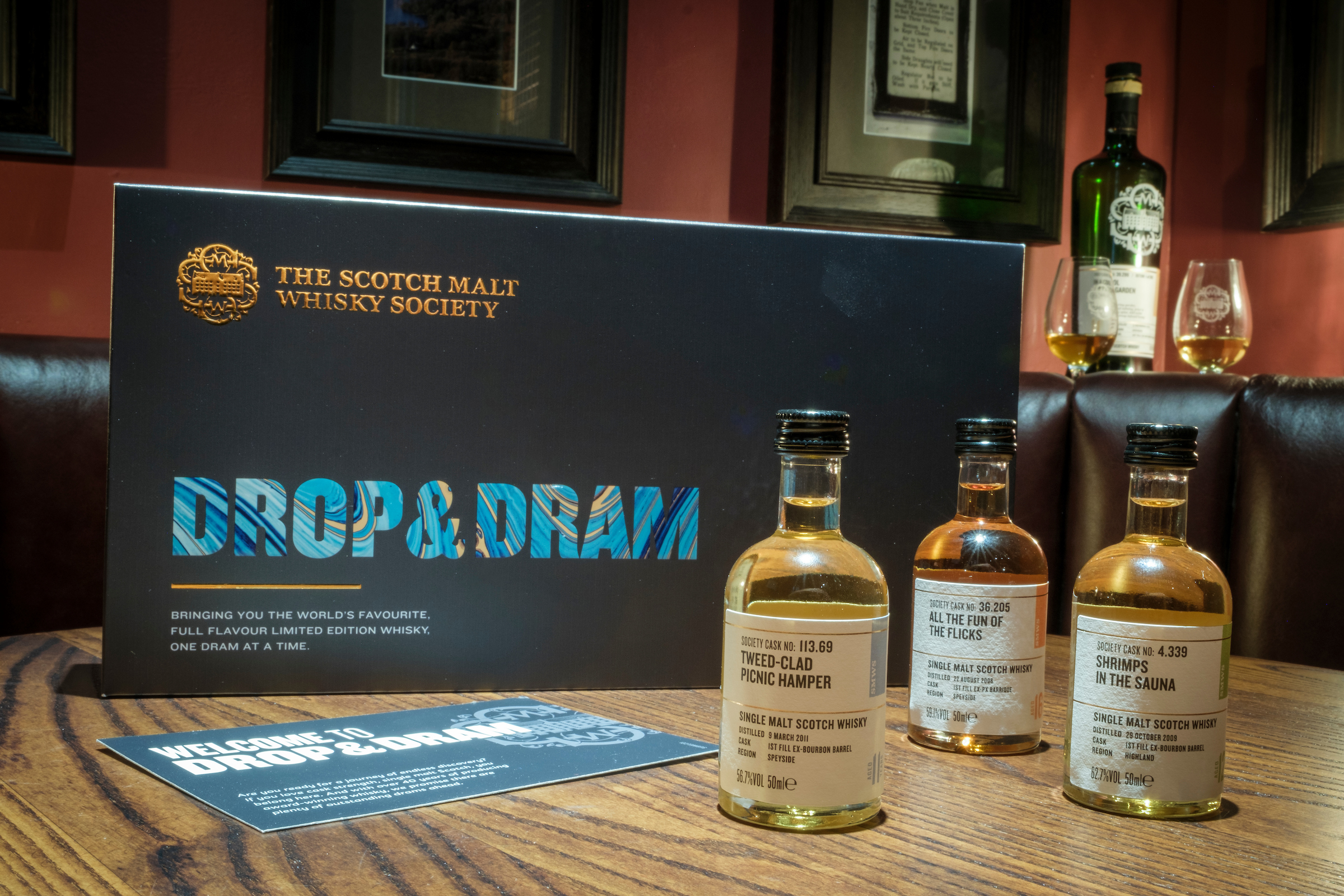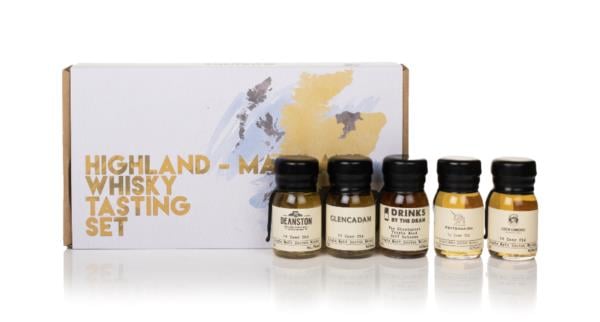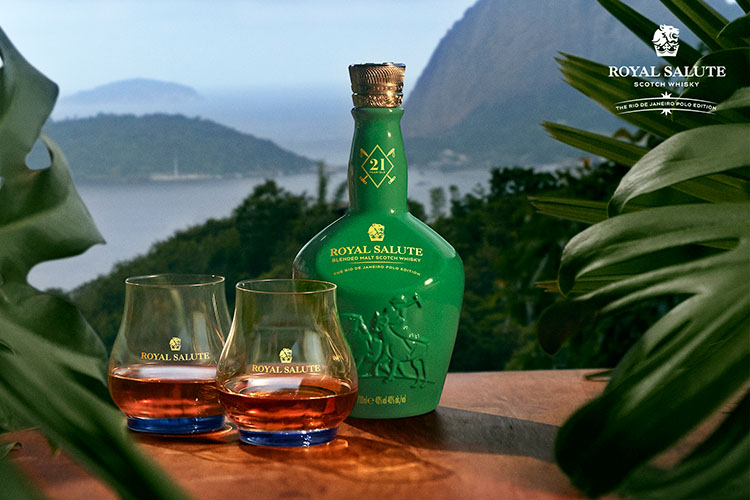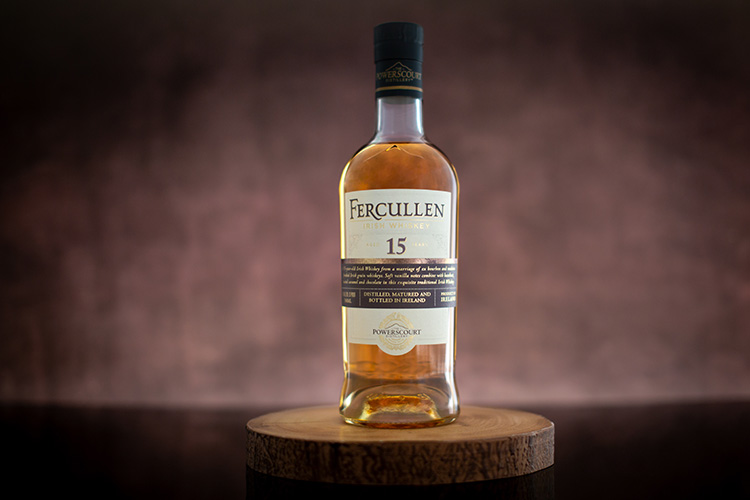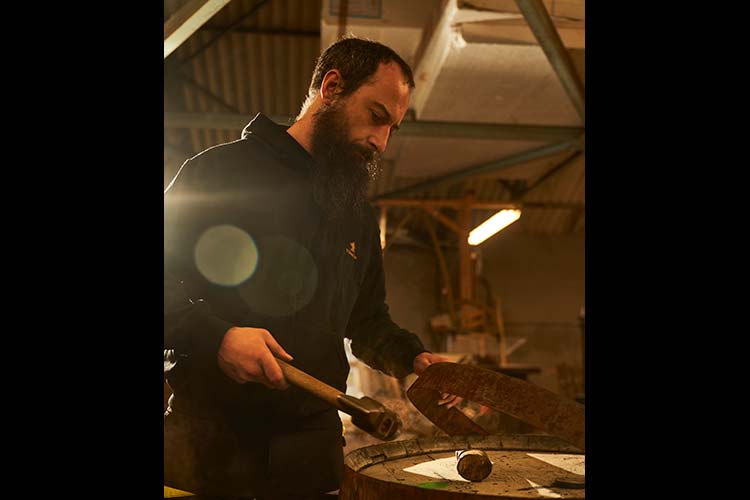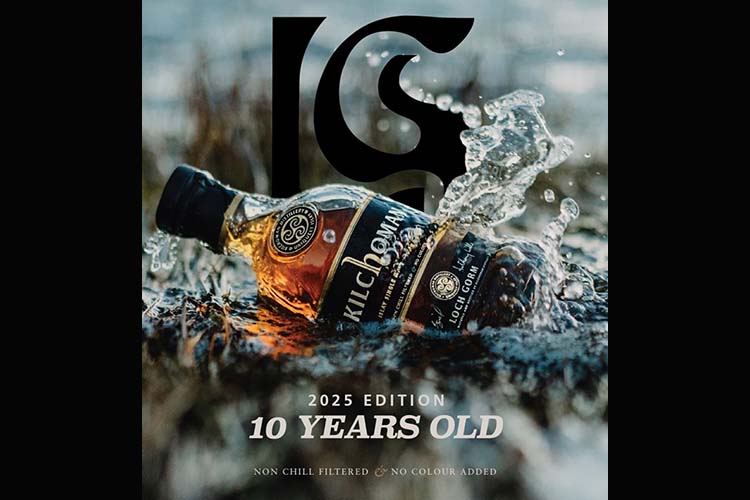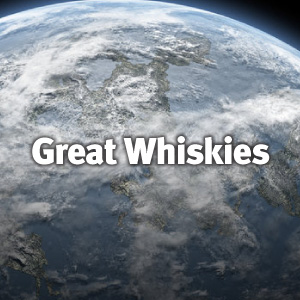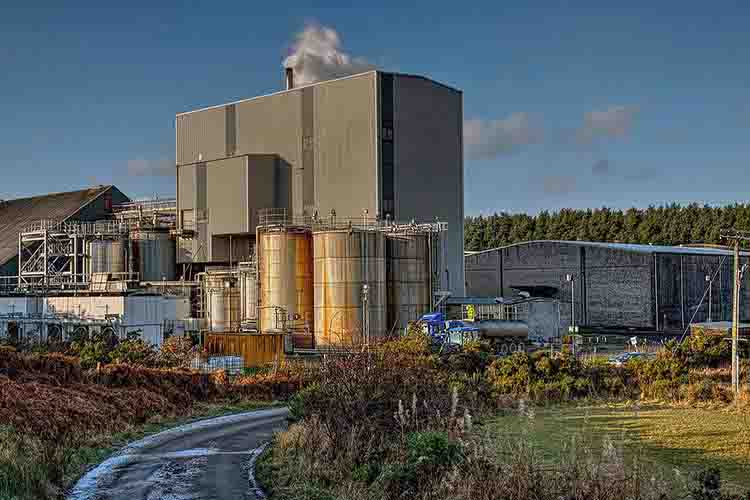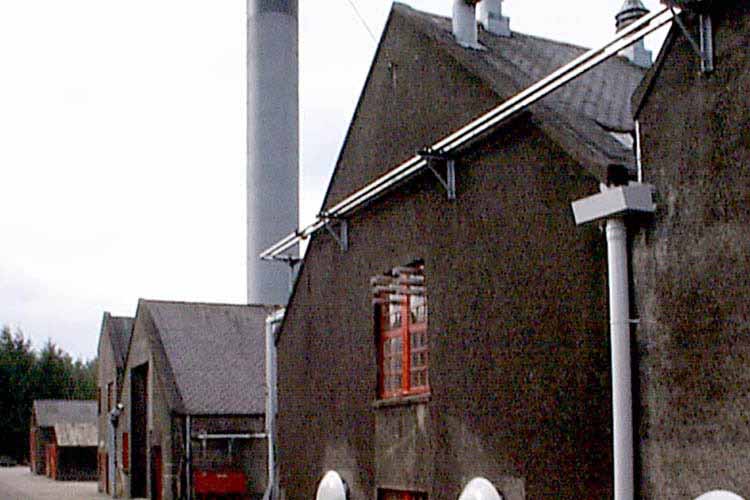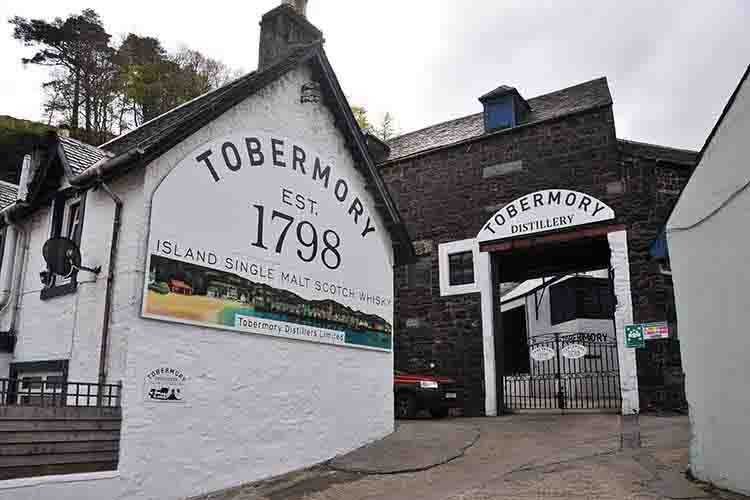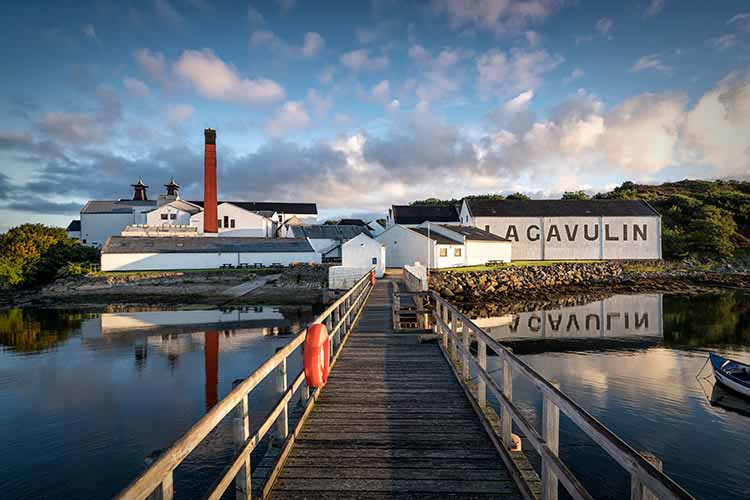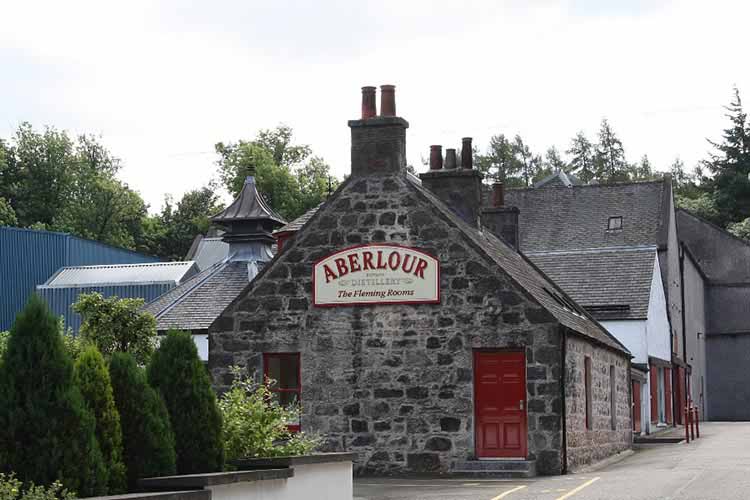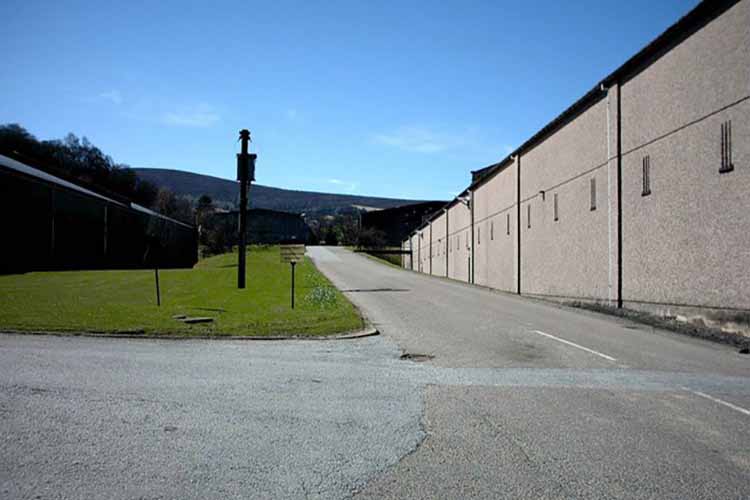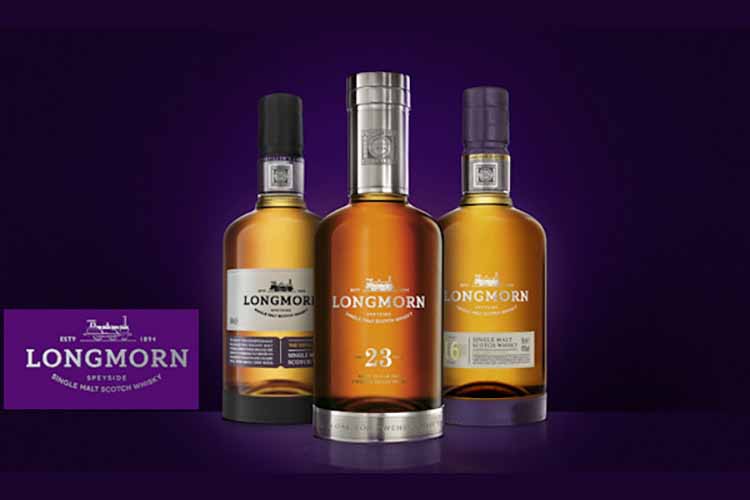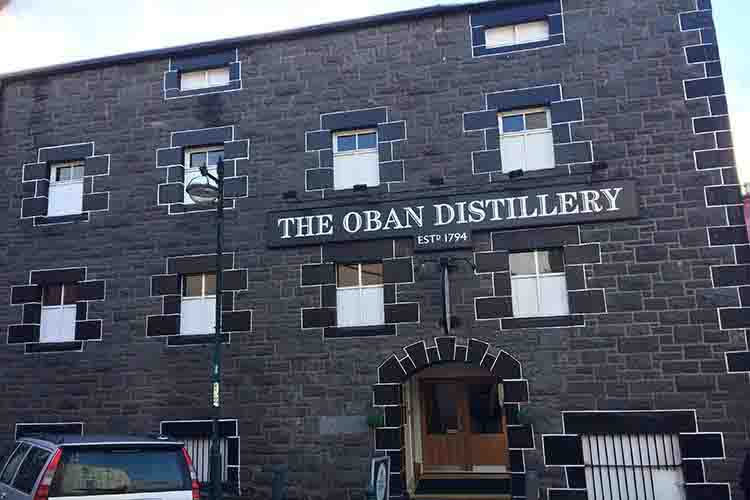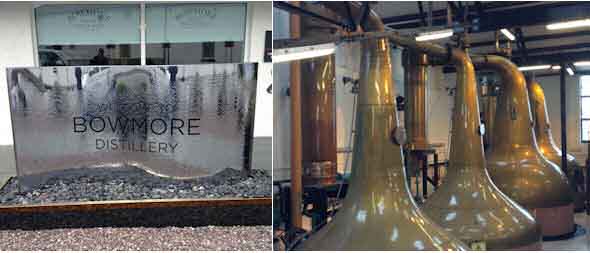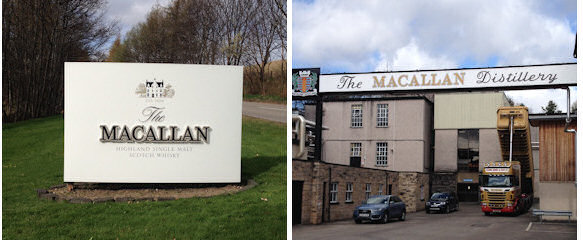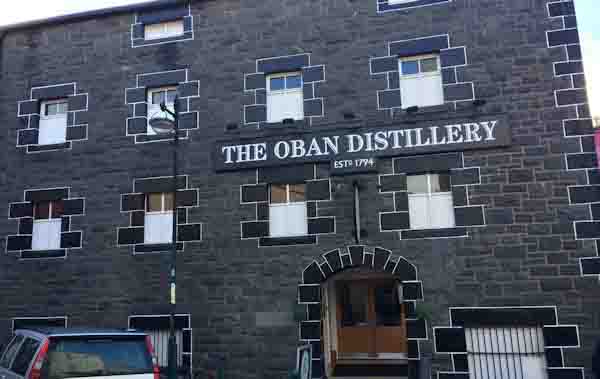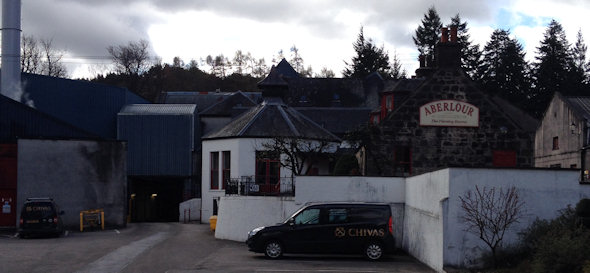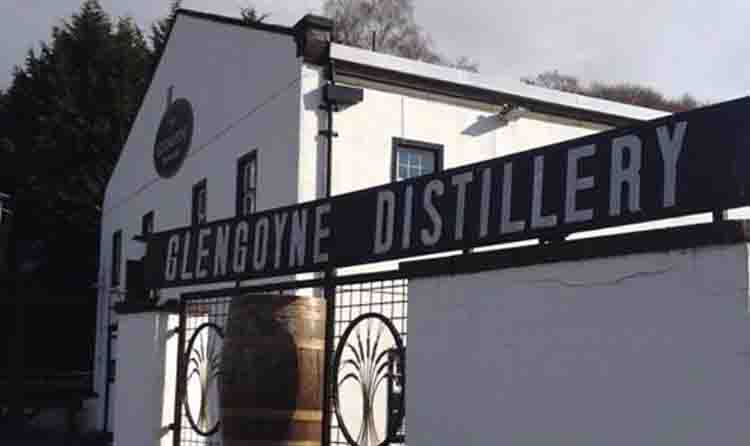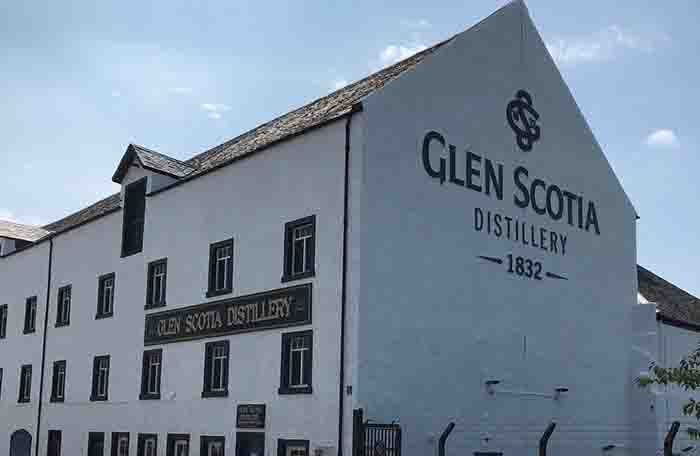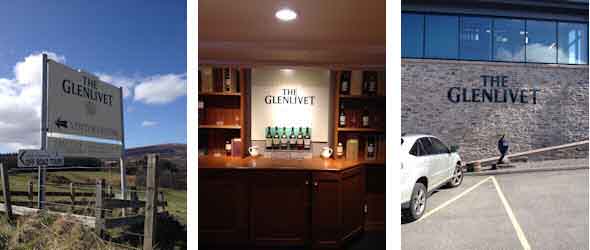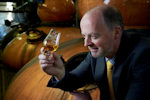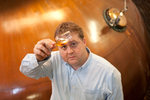Adelphi Whisky Distillery
Planet Whiskies is proud to bring you the news from distilleries throughout the world and below we have a excellent presentation straight from the Adelphi Distillery. There are a number of key statements below ranging from the history of this distillery , to the products the company make. Adelphi Distillery is also planning a brand new distillery on the Morvern and Ardnamurchan peninsulas. Below you can read details regarding everything to do with this Scottish Distillery.

Adelphi Distillery - Story and History
“Once one of Scotland’s most technically advanced distilleries, producing some 510,000 gallons of whisky per annum.”
COMPANY HISTORY
The Loch Katrine Adelphi Distillery was built in 1825, commencing distilling in 1826. Sited on Muirhead Street in Glasgow’s Gorbals district and named after the nearby Adelphi Street and the water source of Loch Katrine, the distillery was owned, initially, by the Gray family.
The distillery changed hands in the 1870’s and then again in 1902. The last owners subsequently ceased production and the name remained dormant until resurrected in 1993 as an independent bottler of Scotch whisky by the great-grandson of the second owner.
GLOBAL WHISKY MARKET
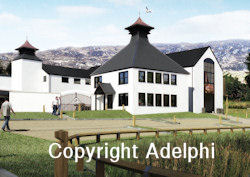 Figures for the first three quarters of 2011 show Scotch whisky earning £125 every second for the UK balance of payments. The value of exports over the nine-month period totalled almost £3 billion, an increase of 23% on the same period of 2010 (SWA, 2011). The industry contributed £2.7 billion in GVA to the Scottish economy in 2010 (SWA, 2010).
Figures for the first three quarters of 2011 show Scotch whisky earning £125 every second for the UK balance of payments. The value of exports over the nine-month period totalled almost £3 billion, an increase of 23% on the same period of 2010 (SWA, 2011). The industry contributed £2.7 billion in GVA to the Scottish economy in 2010 (SWA, 2010).
Scotch is sold in 200 markets worldwide outselling the non Scotch whisk(e)y markets (comprising Irish, American, Canadian, Indian and Japanese whiskies.) three times over.
A growing demand for Whisky in BRIC nations (Brazil, Russia, India and China) has been much documented. Exports to China have been valued at £57 million in the 12 months to June 2011. A ‘whisky delegation’ by the First Minister in November 2011 focused on building partnerships to ensure ease of access to this market. (Scotland.gov, 2011) Demand in other Asian whisky markets such as Singapore and Taiwan is soaring, rising by 64% and 45% in 2011 respectively (CNBC, 2011).
Although blended Scotch whisky still makes up the majority of sales, it is the single malt category that is performing the best: up 18% on 2010 with an export value of £577m (SWA, 2011).
In line with demand for single malt, more boutique distilleries and bottlers have been established in the UK over the last five years than at any time since the pioneering days of the late C18th, and early C19th: Kilchoman Distillery on Islay, Daftmill Distillery in Fife, St George’s Distillery in Norfolk, Penderyn Distillery in Wales are prime examples. Single malt giants such as Macallan and Glenfiddich have increased the size of their distilleries and warehouses to better prepare for increasing demand ten years hence, when today’s distillate will be reaching maturation.
ADELPHI PRODUCTS
“In short, the whiskies selected by Adelphi will be the true and unadulterated spirit,as enjoyed by our ancestors!”
Since 1993, Adelphi has developed its brand internationally by sourcing rare and unique single casks of Scotch whisky from other distilleries. This careful selection procedure has given Adelphi a name for quality above all. Despite Adelphi’s modest size, it has regularly won awards for its bottlings.
Its 30 year old Macallan was given the highest ever score for any Macallan at the Malt Maniacs Awards in 2006, along with a gold medal and the Speyside Award. A 26 year old old Inchgower won one of only five gold medals awarded in 2008 in the same competition and a very rare cask of 46 year old Lochside won one of only eight gold medals in 2011 (and this is the only fully independent competition for worldwide whiskies – not just Scotch). Adelphi’s famous “The Whisky That Cannot Be Named” 1953, 50 year old has appeared on whisky hit lists the world over.
Closer to home, an Adelphi bottling of Dailuaine 27 year old won the Scottish Field Independent Bottling Award and Scottish Field Whisky of the Year 2011.
ADELPHI CUSTOMERS
 “Approximately 85% of Adelphi’s sales are overseas and 15% in the UK.”
“Approximately 85% of Adelphi’s sales are overseas and 15% in the UK.”
Adelphi has built a strong domestic and international customer base for its whiskies and is positioned in the premium market, working with boutique retailers and distributors playing to the critical acclaim and provenance of their products.
The company has been in the fortunate position where demand has outweighed the available supply of suitable product in recent years and, although their current portfolio is strictly limited and on allocation only, Adelphi’s Sales & Marketing Director has been keen to promote the company to as many global markets as possible: “Given our long term passion and commitment to get back into distilling, we have spent the last seven years concentrating on building our brands and company image. From New Zealand, through Taiwan, Japan, Hong Kong, Singapore; right across Europe and into the US and Canada, we now have an efficient and educated distribution network in place, ready for Adelphi’s first single malt in over 105 years”.
THE ADELPHI PROPOSAL
“The benefits for Adelphi are all-encompassing: take control of production for the first time in over 100 years.”
In 2007 Adelphi began a feasibility study looking at various options to meet a rapidly growing demand for their products. Options investigated were
(i) filling casks of new-make (straight off the still) from other distilleries,
(ii) purchasing an existing distillery, either in production or “mothballed” (equipped, but not currently producing) or (iii) building a new distillery.
Filling casks from other distilleries was the least expensive method of obtaining an increased, future quantity of whisky, but with no direct input into the production of the whisky, was deemed to be the most risky in terms of quality, especially as Adelphi is currently only selecting 1 in 40 whiskies at maturity. Increased competition and price would also make this a less attractive source of economic growth.
Purchasing an existing distillery was the most efficient method of finding immediate quantities of mature spirit, but would limit Adelphi to the existing brand image and production processes of that distillery’s make, and would still take 8-10 years to see any changes implemented come to fruition.
Despite being the most time consuming method in feasibility, planning, regulation, construction, and factoring in the issue of 8-10 years of production without release (of a mainstream single malt), a new distillery build was deemed to be the most attractive of the three options.
The benefits for Adelphi are all-encompassing: take control of production for the first time in over 100 years; protect Adelphi name and quality through control over raw materials and distillation; build Scotland’s first distillery that is self-sufficient for power and effluent; bring additional ‘high value’ tourism and economic growth to the local region; perfect location with constant supply of the purest water; stable temperature and cool-climate maturation; wood fuel, hydro-electric and use for draff, all on site.
INNOVATIVE & SUSTAINABLE DISTILLING
“The distillery will use a wood chip fuelled biomass plant as its main source of fuel from extensive and sustainable woodland on site.”
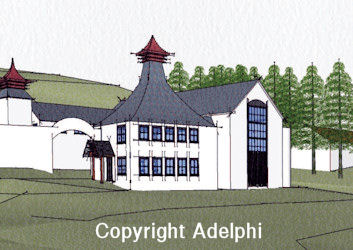 Adelphi identified several potential sites for the new distillery on the Morvern and Ardnamurchan peninsulas, but only one met the necessary requirements for cooling and potable water, access to the public road, close proximity to timber extraction and process areas, and the ability to connect to a reliable source of hydro-electricity.
Adelphi identified several potential sites for the new distillery on the Morvern and Ardnamurchan peninsulas, but only one met the necessary requirements for cooling and potable water, access to the public road, close proximity to timber extraction and process areas, and the ability to connect to a reliable source of hydro-electricity.
To be located some 50m south east of Glenbeg and 1.5 miles west of the headquarters of Adelphi at Glenborrodale Castle, in Ardnamurchan, the Adelphi distillery will be the most westerly distillery in mainland Scotland, producing artisan single malts of global acclaim. It will provide sustainable economic growth for both Scotland and the local region. Development will be undertaken with acute understanding of local ecosystems to ensure positive environmental and economic impacts.
Detailed plans have been drawn up by Organic Architects LLP of Helensburgh and licences and support have been obtained from SEPA, SNH and the Community Council. Since the early 1900’s most distilleries have been built to MacLean’s Nose a design and size primarily to supply the bulk, blended Scotch whisky market.
However, Adelphi has been very aware of the increased demand for single malt Scotch whisky over the last 20 years, and the associated whisky tourism that it generates for Scotland. It has therefore worked hard to ensure that this new, boutique distillery is designed to enhance both the quality of the whisky and also to blend in with its environment.
Furthermore, the distillery will use a wood chip fuelled biomass plant as its main source of fuel from extensive and sustainable woodland on site. This will be a first for Scotch whisky distilling with the fuel supplied by tractor and trailer from an existing wood chip plant less than 2 miles away and the potential to employ an additional two foresters.
It is also proposed that the distillery will support small-scale biofuel production with Celtic Renewables Ltd, using the by-products from the distillation process.
Developed at Napier University in Edinburgh, this exciting invention has secured substantial private and public funding to develop recycled fuel for distilling and also provide fuel for vehicles, in rural communities that suffer so much from escalating transport costs. Produced from a completely natural process of heat with pot ale and draff (the two by-products of distilling), this is already a project of global recognition.
ARTISAN SINGLE MALTS OF GLOBAL ACCLAIM
“Up to 50% of the barley for the whisky will be sourced from a family farm in West Fifethat has a proven track record in supplyingtop quality malting barley to distillers.”
RAW MATERIALS
Up to 50% of the barley for the whisky will be sourced from a family farm in West Fife that has a proven track record in supplying top quality malting barley to distillers. A traditional floor malting will steep and kiln the “in-house” barley, while the remaining cereal will be sourced from one of Scotland’s top maltsters. With the majority of the land, barley, fuel, water and casks all belonging, or appropriated to the Adelphi team going forward, Adelphi will not only be in a position to control the supply of its resources and raw materials, but more importantly their quality and cost.
PRODUCTS
A challenge facing new distilleries is the lead time until maturation of the first whisky. Adelphi have a distinct advantage in that the existing business will bring cashflow from the outset. Further revenue is to be targeted from
cask sales and the anticipated retail income from the new visitor centre.
SUPPLY CHAIN & POSITIVE ENVIRONMENTAL & ECONOMIC IMPACTS
Due to the remoteness of its location transporting goods to and from the distillery is a major consideration from both an economic and environmental perspective. It is proposed that a controlled biomass facility will be developed either on site or adjacent to the distillery. This is aligned to the DECC target to derive 80% of the Scotch whisky industry’s energy from non-fossil fuels by 2050.
Furthermore, by bringing a substantial requirement for biomass-sourced heat to the area, Adelphi will be ensuring that locally sourced timber remains in Ardnamurchan and so reducing the HGV movements.
In addition, Adelphi will be providing animal feed and renewable energy from its distilling by-products. This not only has the potential to reduce further heavy transport to and from the peninsula, but also could provide locally sourced fuel in the future, again reducing impact on the environment.
Deliveries of barley and other materials associated with distilling will be kept to a minimum due to the limited size of the distillery and, with the maturation taking place on site, only tanked spirit will leave for bottling in Fife.
PRODUCTION
The distillery expects to produce 100,000 litres of alcohol per annum, rising to a maximum of no more than 300,000 litres (small batch distilling is proven to produce higher-quality whisky). This is approximately a third of the capacity
of most West Coast and Island distilleries.
All Adelphi whisky will be matured on site in Ardnamurchan, where the gentle, maritime climate will enhance the quality of the whisky and further develop its unique characteristics. Due to the premium nature of Adelphi’s business and the remote location of the distillery, it is proposed that the make be produced only for release as single malt Scotch whisky. It will not be blended or sold in bulk.
TOURISM & THE LOCAL COMMUNITY
Given its unique location and artisan produce it is envisaged the Adelphi Distillery will have appeal as a tourist attraction. It is proposed to incorporate a distillery tour and retail offering at the facility.
The team are working with the community council to ensure locals benefit from the development. The decision to omit catering facilities represents opportunities for the community and local businesses, including the neighbouring Nadurra Centre. Year round opening of the visitor centre at the distillery will also help Ardnamurchan accommodation owners address issues of seasonality and Adelphi will engage with local business to develop tourism products.
Adelphi have already sponsored a wide range of activities from the shinty team to sailing regattas and clan conventions, showing a clear and continued commitment to the local community and the cultural heritage therein.
THE ARTISANS
“The natural history of the west coast hill and shore is her deepest love and greatest delight.”

THE OWNERS
Chairman Keith Falconer and Managing Director Donald Houston are local to the Ardnamurchan area and have both owned and operated a variety of sustainable energy, agricultural and land enterprises in the vicinity. Keith is also Chairman of Impax Asset Management, one of the world’s largest investors in renewables and Donald has recently become involved with Celtic Renewables Ltd. This unique understanding of the global and local ecosystem will ensure that sensitivity is factored into all developments and operations for the distillery.
COMPANY SECRETARY
Liz Macdonald joined Adelphi in 2004. Resident in the area since 1978, she runs a small suckler herd of cattle as well as a busy sawmill with her husband, Sandy. She has also run guided walks on the Glenborrodale RSPB reserve since 1995 and has been monitoring golden eagles throughout Morvern, Ardgour and Ardnamurchan since 1982, and is now species co-ordinator for the Highland Scottish Raptor Group. The natural history of the west coast hill and shore is her deepest love and greatest delight.
SALES AND MARKETING
Director, Alex Bruce will play a pivotal role in cultivating and building relations with premium distributors and retailers globally. Working with Charles MacLean and Adelphi’s award winning agency Nevis Design of Edinburgh, Alex will ensure that the artisan nature of the produce and its unique provenance is reflected in all sales and marketing efforts. The sales team is headed by Alex’s sister, Antonia, who joined Adelphi in 2009 after seven years with Pol Roger Champagne.
THE CONSULTANTS
Jim Swan has over 20 years experience in whisky quality, cask selection, distillation and blending and is playing an integral role in the design of the distillery plant. Charles MacLean will provide a seal of approval on the final product. Charles has been the chair of Adelphi’s nosing team since 1993. He is a whisky expert, writer and media personality who brings international profile and enhanced credibility to Adelphi whiskies. Several additional consultants have been employed throughout the last four years’ feasibility study to cover the environment, tourism, plant and building.
“The team will be critical to the success of the product in assuring its quality and critical acclaim in global markets.”
BOTTLING, PACKAGING AND DISTRIBUTION
Warehouse Manager, Gordon Hamilton joined Adelphi in 2010, after 30 years at Glenmorangie, to run the company’s own bottling facility in West Fife. This new venture operates from the same farm as the company plans to source its barley.
EMPLOYMENT
The distillery will initially create four additional roles of Distillery Manager and Assistant Manager, Shop Manager and Assistant Manager. The employment is expected to rise to ten Ardnamurchan-based staff in due course. This will not
only create a sustainable source of employment in a remote rural location but also have a direct impact on local business.

